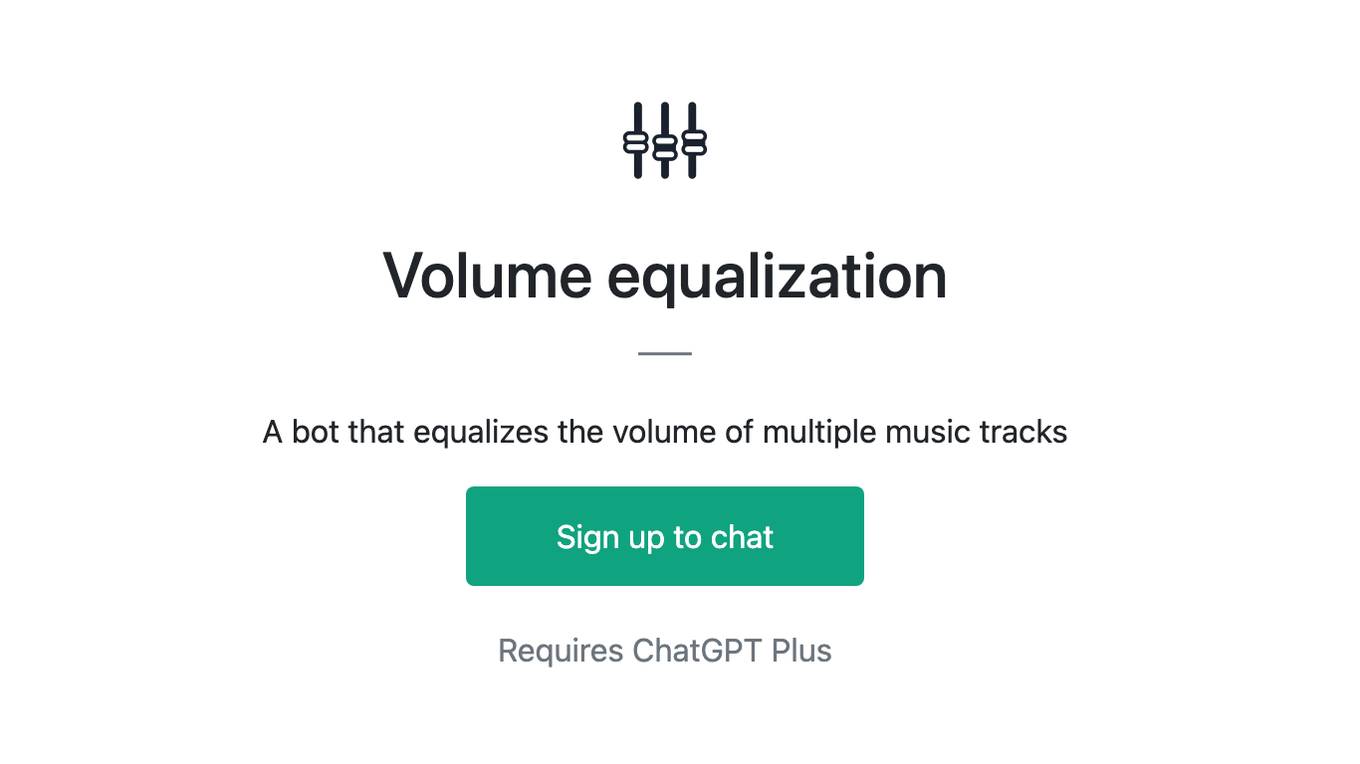Best AI tools for< Normalize Strings >
2 - AI tool Sites
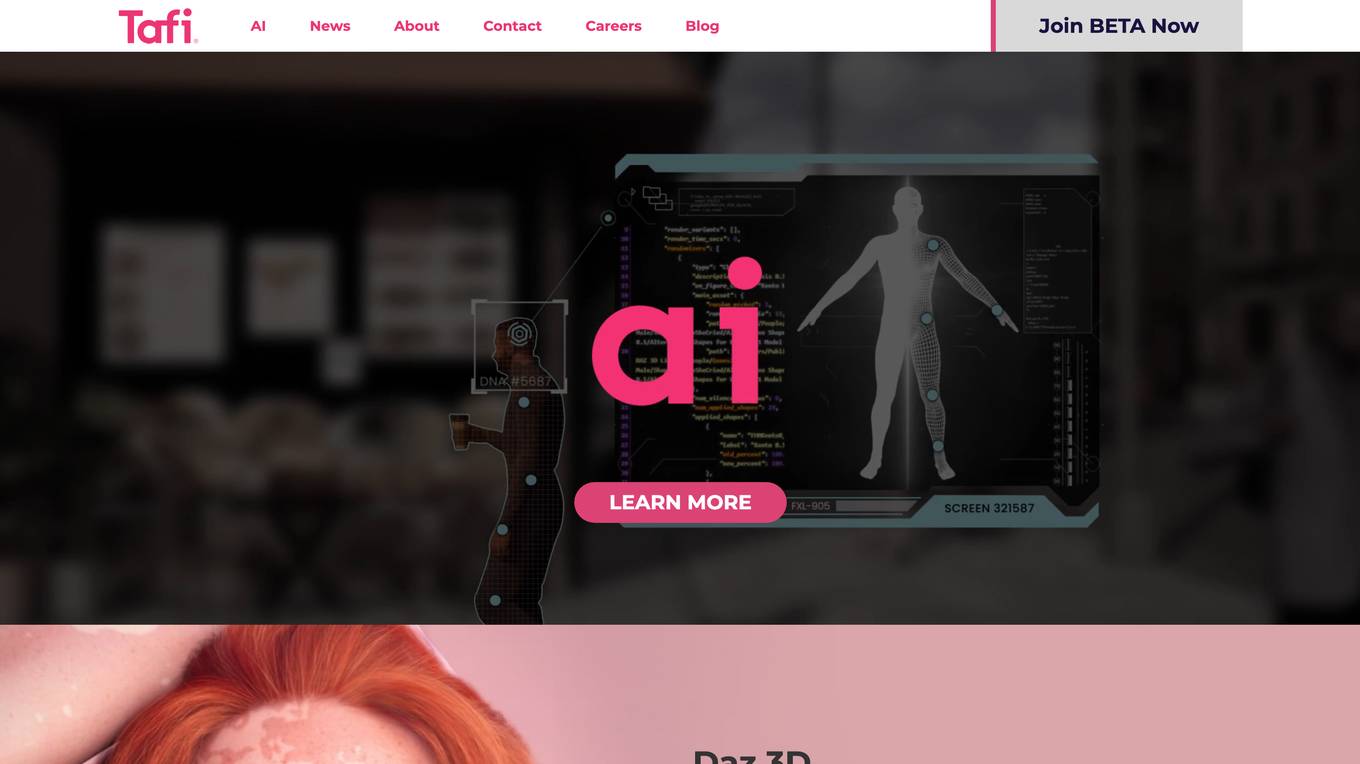
Tafi
Tafi is a leading AI tool for 3D content creation, offering a Text-to-3D AI character engine that generates procedurally generated, normalized 3D character and environment datasets at scale. It provides parametric character generation, real-time compatibility, dynamic clothing and hair simulation, semantic labeling, and metadata rich structured data. Tafi is trusted by major LLM providers and technology brands for its high-quality assets and enterprise-ready solutions.
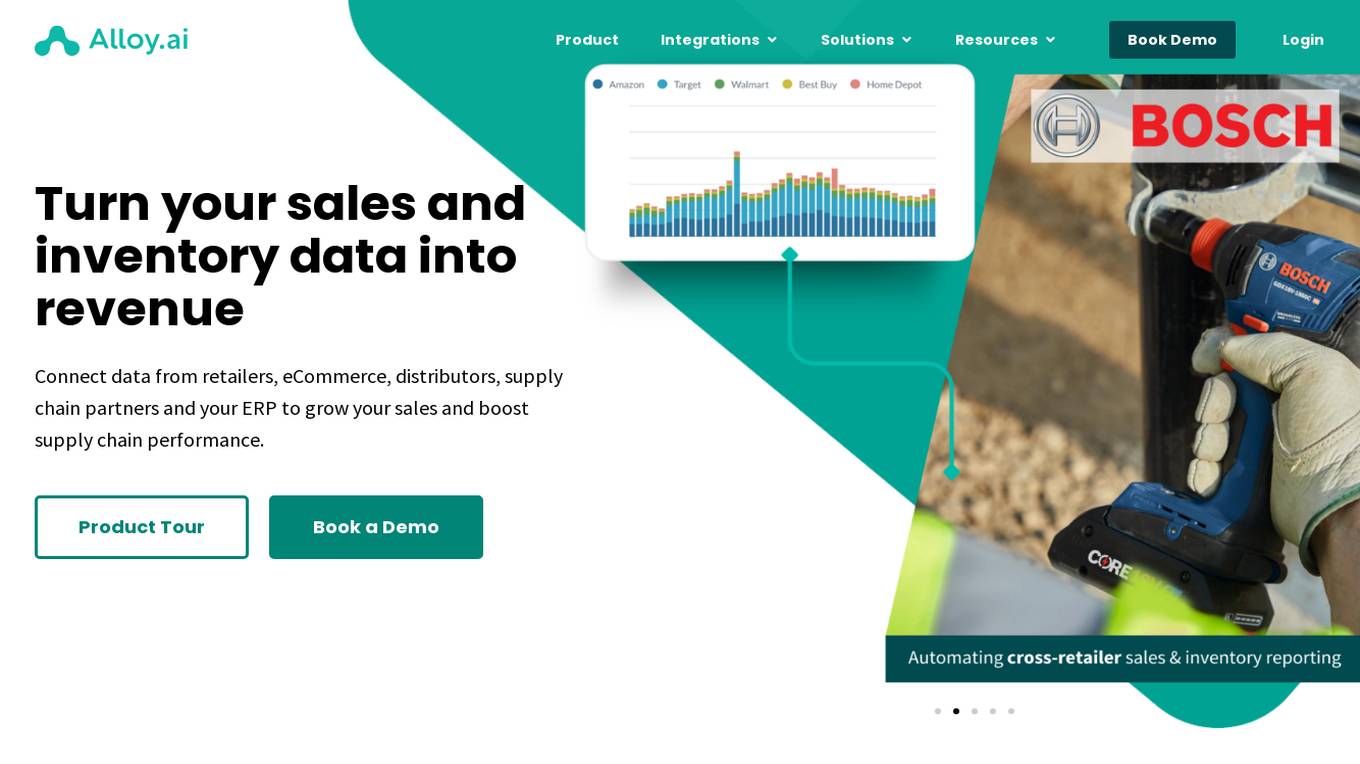
Alloy.ai
Alloy.ai is an omnichannel revenue intelligence platform for consumer brands that helps visualize and analyze sales, supply chain, and forecasting data with full visibility into consumer demand and inventory. The platform connects real-time POS and inventory data from hundreds of retailers, providing a single view of sales and inventory. Alloy.ai uses AI and ML to identify new sales opportunities and potential problems, offering a normalized view of business data for better decision-making.
1 - Open Source AI Tools
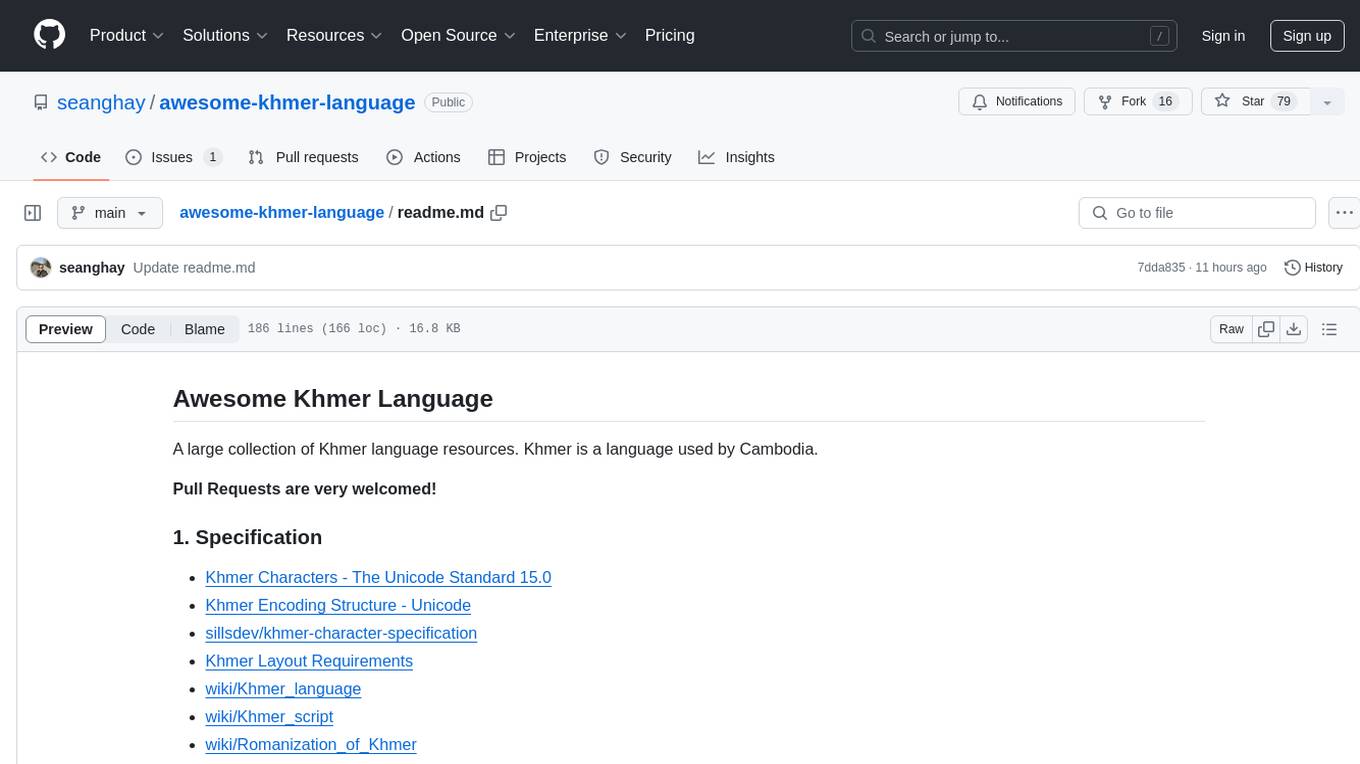
awesome-khmer-language
Awesome Khmer Language is a comprehensive collection of resources for the Khmer language, including tools, datasets, research papers, projects/models, blogs/slides, and miscellaneous items. It covers a wide range of topics related to Khmer language processing, such as character normalization, word segmentation, part-of-speech tagging, optical character recognition, text-to-speech, and more. The repository aims to support the development of natural language processing applications for the Khmer language by providing a diverse set of resources and tools for researchers and developers.
3 - OpenAI Gpts
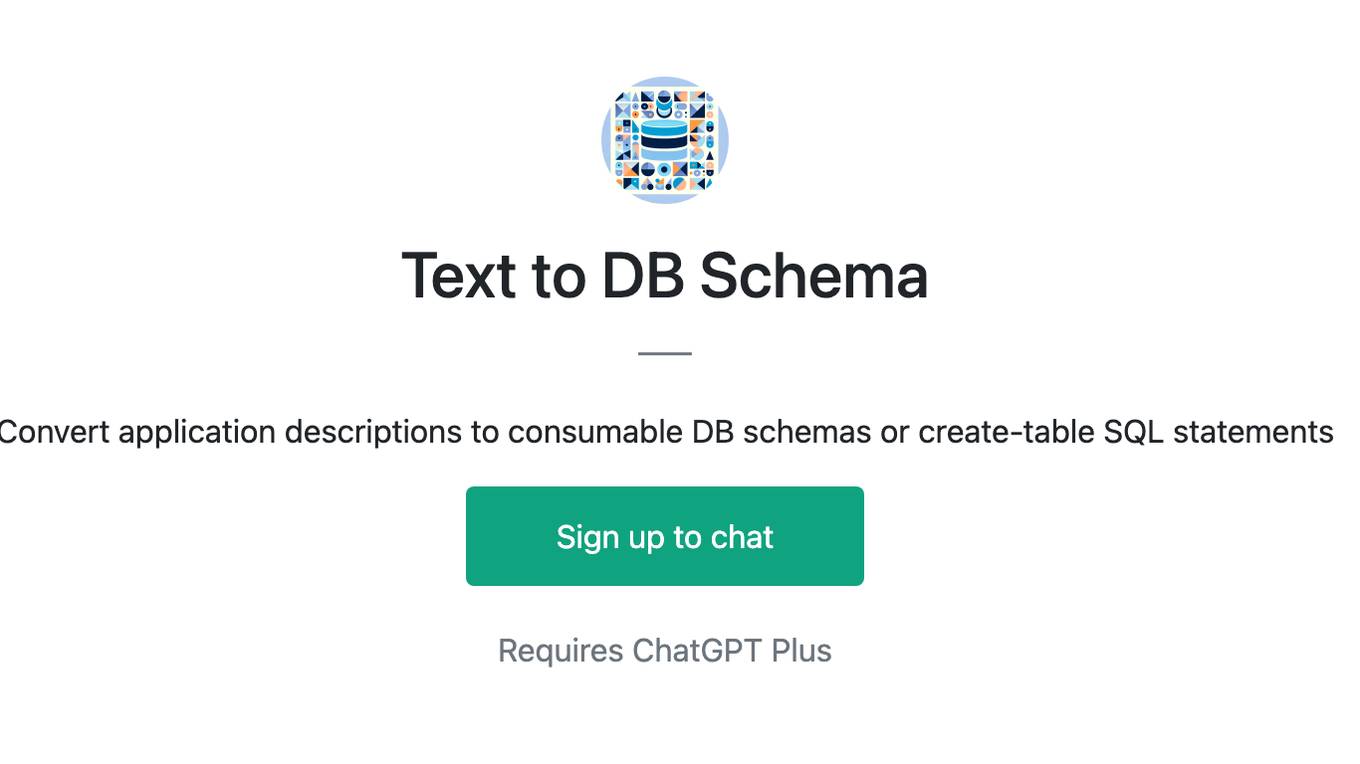
Text to DB Schema
Convert application descriptions to consumable DB schemas or create-table SQL statements

Heroes Bounty Draftsman
I turn vague tasks into clear, formal bounties, asking for clarification when needed.
